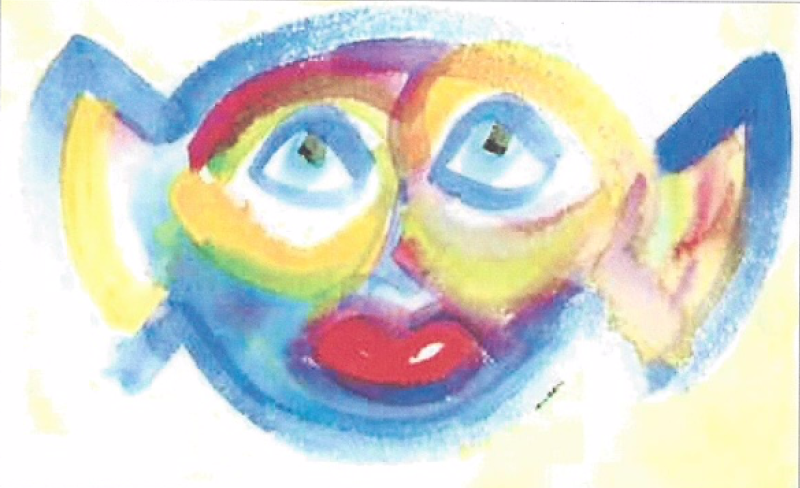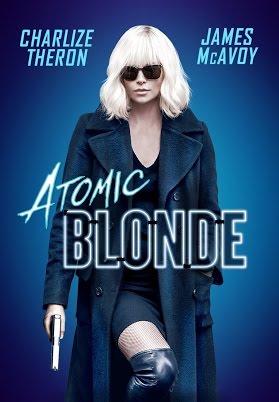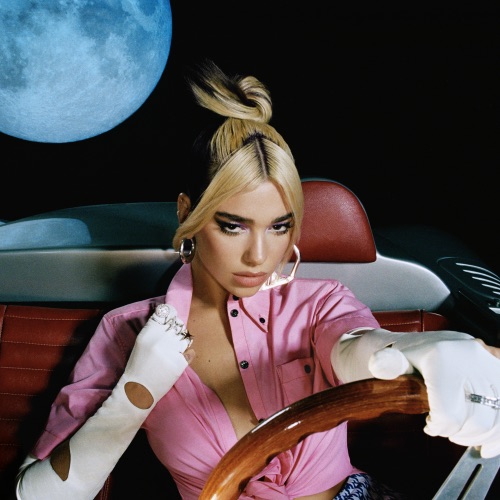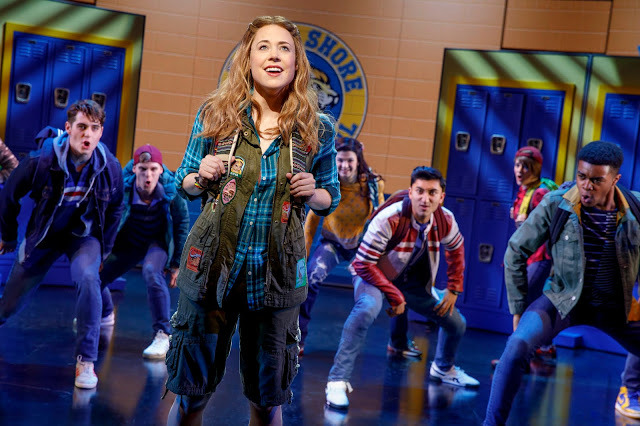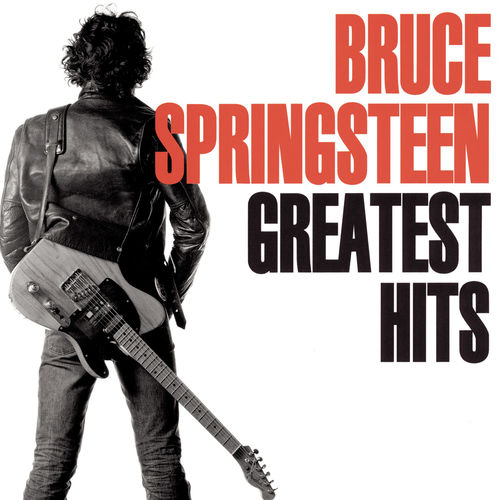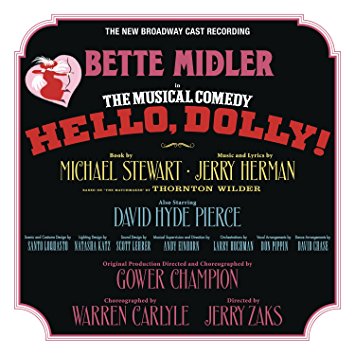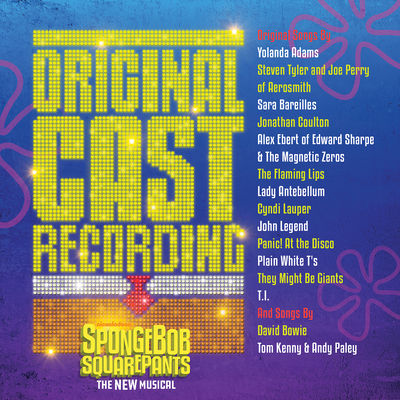RODGERS AND HAMMERSTEIN'S 'CAROUSEL' IS A BUMPY RIDE
 Tuesday, May 8, 2018 at 8:33PM
Tuesday, May 8, 2018 at 8:33PM
 JESSIE MUELLER AND JOSHUA HENRY STAR IN CAROUSEL
JESSIE MUELLER AND JOSHUA HENRY STAR IN CAROUSEL
HENRY EDWARDS - New York - April 16, 2018
As the 20th century drew to a close, Time magazine published a “Best of the Century” list. Take a look at that list and you will discover that Rogers and Hammerstein’s 1945 musical drama, “Carousel,” was anointed “the Best Musical of the 20th century.”
No doubt about it. “Carousel” dared to defy convention and tradition and that defiance resulted in a musical that propelled the Broadway musical an impressive step forward. At the same time, the show is laced with problems that are so challenging they just might be impossible to solve satisfactorily.
Those difficulties just might explain why after a 1957 revival, the show disappeared from view for 37 years.
Rogers and Hammerstein were the greatest game-changers in the history of American musical. Convinced that the conventional rules were meant to be broken, they set out to break them like that never been broken when they decided to transform “Liliom,”Hungarian playwright Ferenc Molnár’s 1909 play about love, death and redemption into a Broadway musical.
The first thing the authors did was to relocate the story from Budapest to a picturesque 1873 New England mill town. That was the easy part. Now they faced the awesome task of creating an appealing musical about characters you wouldn't normally root for, and somehow find a way to make you root for them.
Their “hero” (anti-hero really), carnival barker, Billy Bigelow, is a womanizer and irresponsible loner. After a quick affair with trusting mill worker, Julie Jordan, the couple impulsively marries. Billy, unemployed and increasingly uncommunicative, proves incapable of meeting the emotional and domestic demands made upon him by the union and turns into an occasional wife-beater. Wife Julie, a model of the prototypical abused woman, loves Billy so much she justifies and forgives the rough treatment.
Learning that his wife is pregnant and determined to get money for them to assure their future, Billy, who is incapable of making a sensible decision, hooks up with another loner, con man Jigger Craigin, gets involved in a hold-up, is caught by the police and commits suicide in order to elude arrest.
He spends the next fifteen years in Purgatory (bad attitude) and then is given the opportunity to return to earth for a day to see how his legacy of unredeemed failure weighs on the lonely and friendless teenage daughter he never knew. Somehow, almost by accident, he gives the girl a dose of hope and courage, allowing him to heaven and to skip an eternity in hell.
Think about it and do your best to come up with the name of another musical that raises the issue of domestic violence and abuse, places imperfect characters that make bad choices center stage, and rings down the curtain on a conclusion that is hopeful but not exactly your typical happy ending.
I can’t.
There is also the eternally controversial way in which the show treats domestic violence. As “Carousel” wends its way toward its conclusion, Julie tells her daughter that Billy’s physical abuse was proof of his love. In turn, Louise replies that when her father (a ghost at the time) slapped her, it did not feel like a slap but a kiss.
Those moments proved so difficult to swallow, “Carousel” was dismissed as “a product of its time” and retired to the back burner.
Surprisingly, all that changed in 1994 when Nicholas Hytner’s stunning London production traveled to Broadway from London, and generated a response that was so rapturous the musical received a miraculous second chance.
Hynter made the point that the show features an impossibly gorgeous, emotionally-charged score whose windswept melodies include a plethora of R & H standards, “June Is Bustin’ Out All Over,” “If I Loved You,” “This Was a Real Nice Clambake,” and that indelible anthem of optimism, "You'll Never Walk Alone,” among them.
The British director made the point that singers rather than actors have usually been cast in the show because they possess the ability to handle immense musical load.
That was a mistake, he cautioned. Actors and not singers had to come first because they must create characters that audiences believe in and care about. No matter how beautifully “Carousel” is sung, the show simply does not work without that kind of emotional investment.
It’s been 24 years since then and the first 21st-century revival of the so-called Best Musical of the 20th century has decided to risk facing the #MeToo movement and plant its flag on the stage of the Imperial Theatre.
Needless to say, a stellar and exceptionally gutsy collection of Broadway’s A- list has been assembled to breathe new life into this ultra-challenging show.
Three-time Tony winner Jack O’Brien (“Hairspray,” “Henry IV,” “The Coast of Utopia”) directs; Justin Peck, who is 30 years old and has been hailed by The New York Times as “the most eminent choreographer of ballet in the United States," is staging the dances; and four-time Tony winner Santo Loquasto, five-time Tony winner Brian MacDevitt and Tony winner Ann Roth are responsible for sets, lights and costumes respectively.
Tony nominee Joshua Henry (“Violet,” “The Scottsboro Boys”) portrays Billy; Tony winner Jessie Mueller (“Beautiful,” ”Waitress”) takes on Julie; and opera superstar Renée Fleming plays the motherly soul of the fishing community, Julie’s cousin Nettie Fowler.
And now how did they do?
To put it bluntly, the results disappoint. That is not to say that the musicianship is anything less than superb and the singing is thrilling, but no one seems to have done his best work.
Seemingly fearful of the minefield of dangers that pervade the material and the complexity and versatility required to pull it off, the production is surprisingly conventional. Respectful but uninspired, while there is plenty of hard work, there is precious little imagination and freshness.
Lacking the believability and dramatic intensity to bring it to life, “Carousel” plods along, often seeming like an old MGM movie musical that has miraculously been willed to life in the tradition of the best museum pieces.
The approach does nothing to make life easier for Joshua Henry and Jessie Mueller in the pivotal roles. If you’ve seen them before, you know they can sing and they can act and are terrific at both. Yet portraying Billy Bigelow and Julie Jordan often makes it seem like they are confronting an exhausting challenge.
Billy and Julie experience love at first sight though neither will admit it and deflect their feelings by singing, “If I Loved You,” perhaps the greatest “conditional love song” of any Broadway score.
That encounter must ooze with sexual attraction. Otherwise, Julie seems too naïve to generate sympathy. Unfortunately, Henry has been directed from the outset to be so angry, resentful and charm less, it’s impossible to believe he can attract anyone except perhaps an anger management therapist.
Nor is Mueller helped when her one real solo is “What’s the Use of Wond’rin’?” The song comes equipped with a devastatingly ravishing melody accompanied by an appalling stand- by-your-man lyric that justifies Julie’s role as a female abuse victim.
To the credit of Nettie and Julie’s best friend, Carrie Pipperidge (Lindsay Mendez in a hilarious, scene stealing performance), both women are clearly and thankfully against female passivity and victimization, as well as against wife-beaters.
Henry, on the other hand, is given the opportunity to deliver the rafter shattering “Soliloquy,” a profoundly daring seven-and-a-half minute aria Billy delivers just after earning he is about to become a father.
The extended monologue is set to music and lyrics that seamlessly present nine separate thoughts and a character who displays a startling range of emotions, including pride, arrogance, and anticipation, but also anxiety, and self-awareness.
With the realization that the rough-and-tumble son Billy envisioned might turn out to be a girl, Billy begins to evaluate his choices for the first time in his life. Despite the unfortunate sexism of the lyric, this uncharacteristic episode of introspection is perhaps the most important character moment of the entire show.
Henry’s performance is spectacular and he utilizes his huge voice to reveal the troubled, struggling human being beneath the hard shell he projects to the world.
It’s a wonderful moment, and there are many others in this production that are equally memorable. But that doesn’t change the overall impression. “Carousel” cries out for fresh ideas.
Click CAROUSEL for tickets or more information. Now playing at the IMPERIAL THEATER 

